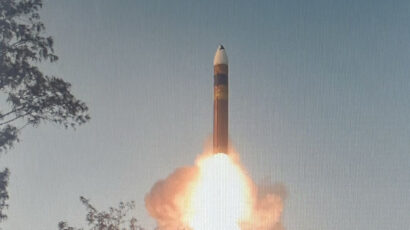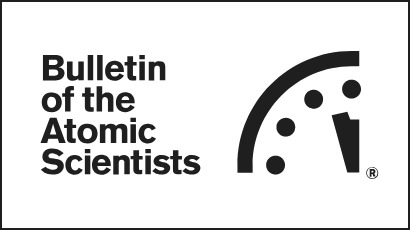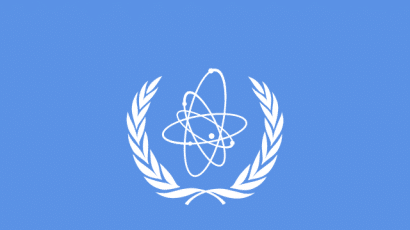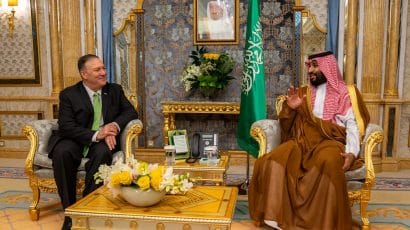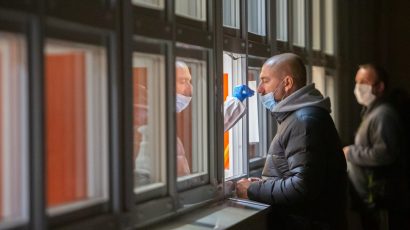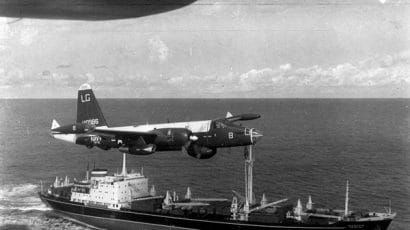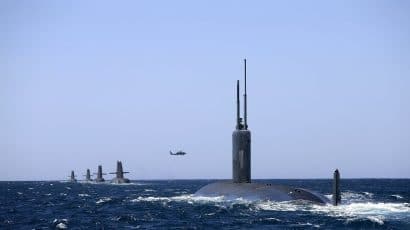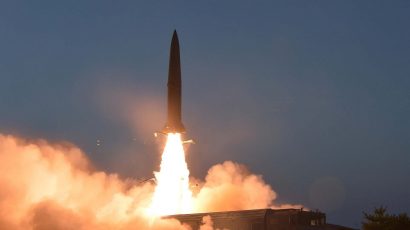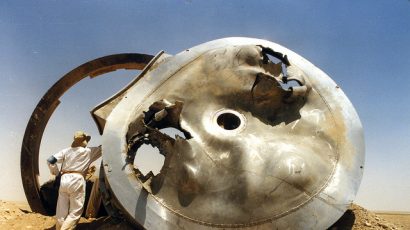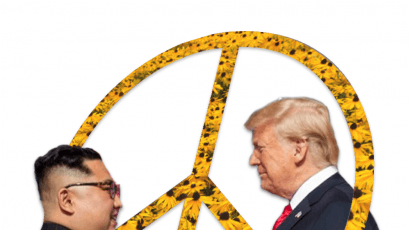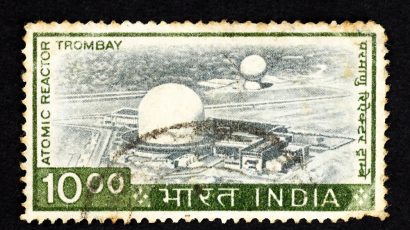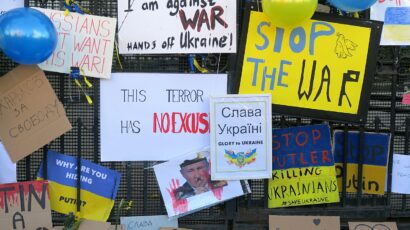Search results for
Post-Iran deal, the US needs a plan to keep nuclear weapons from spreading
On May 8, President Donald Trump announced that he was pulling the United States out of the nuclear deal with Iran, known as the Joint Comprehensive Plan of Action (JCPOA). Just hours later, Saudi Foreign Minister Adel al-Jubeir told CNN that his country would “do whatever it takes to protect our people. We have made … Continued
Trump plays into hands of Iranian hardliners
In Iran’s upcoming election, only the most immoderate candidates benefit when outsiders undermine the nuclear agreement.
Why nuclear dominoes won’t fall in the Middle East
A close analysis of probable scenarios suggests that a final Iranian nuclear agreement is unlikely to trigger a Middle East nuclear weapons cascade
Toward an honest Middle East nonproliferation policy
Rather than push nuclear energy in the Middle East and then try to control proliferation, a simpler US policy would be to stop promoting the exports in the first place.
We’ve analyzed thousands of COVID-19 misinformation narratives. Here are six regional takeaways
A group of researchers at Princeton University collaborated with colleagues around the world to catalogue many of the unique COVID-19-related disinformation narratives that spread in various countries during the height of the pandemic.
China and the United States: It’s a Cold War, but don’t panic
In November 2019, Henry Kissinger warned that the United States and China were in “the foothills of a Cold War” that could end in a conflict worse than World War I. Two years, one pandemic, and a change of American administrations later, the relationship is above the foothills and nearing the summit. Cold War framing now seems inevitable. It has, at least, the virtue of focusing the world’s attention.
Climate change and the Syrian uprising
Two days short of Egyptian leader Hosni Mubarak's resignation, Al Jazeera published an article, headlined "A Kingdom of Silence," that contended an uprising was unlikely in Syria. The article cited the country's "popular president, dreaded security forces, and religious diversity" as reasons that the regime of Bashar al-Assad would not be challenged, despite the chaos and leadership changes already wrought by the so-called Arab Spring.
Space debris from antisatellite weapons
The term "outer space" has always inspired visions of vast regions of nothingness. So even 50 years into the space age, people still tend to view space like the early pioneers viewed the Wild West--sparsely populated, and therefore in little need of laws or regulations, and so boundless that no one worried about ruining the environment.
Will disruptive technology cause nuclear war?
Recently, analysts have argued that emerging technologies with military applications may undermine nuclear stability (see here, here, and here), but the logic of these arguments is debatable and overlooks a more straightforward reason why new technology might cause nuclear conflict: by upending the existing balance of power among nuclear-armed states. This latter concern is more … Continued
Introduction: Can the United States and China co-exist in the 21st century? Will they?
Between Nixon’s visit 50 years ago and now, China has undergone an extraordinary economic transformation, becoming either the second-largest or largest economy in the world. Along the way, Chinese relations with the United States and the rest of the world have become more complex, entwining almost all dimensions of soft, military, and economic power.
Why Rocket Man is going ballistic with short-range missiles
North Korean missile tests coupled with a post-INF era isn’t good news for Northeast Asia
Fulfilling the promise of the Trump-Kim Singapore summit
In spite of its slapdash execution and its many real problems—discussed in the pages of the Bulletin and elsewhere—let us not forget the bigger picture regarding the recent Singapore summit. The overarching goals laid out in the statement issued after the historic meeting between US President Trump and North Korean leader Kim Jong-un are realistic and highly … Continued
Modest but meaningful steps to prevent proliferation in Turkmenistan
This five-year plan to address security gaps in Turkmenistan starts with a better-trained border patrol and adoption of European Union export controls.
Denuclearization of the Korean Peninsula begins with a peace declaration
The central question moving forward isn’t whether Kim is willing to give up his nuclear weapons; rather it’s whether the United States and North Korea can transform their relationship to a point where Kim and his elites begin to believe their regime can survive without nuclear weapons. More than any other measure, an end-of-war declaration between the two countries would represent the beginning of this transformation.
Estimating India’s nuclear weapons-producing capacity
If India were to dip into its stockpile of reactor-grade plutonium, then instead of dozens of nuclear weapons, it might be able to make hundreds or even thousands. How can we estimate its maximum capacity? By knowing how big India's stockpile is—and we do that by using this algorithm to plug in some unclassified data publicly available online.
Chinese nuclear security practices
The 2010 Nuclear Security Summit in Washington, DC, was a milestone for nuclear security. Political leaders from 47 countries, including the United States, and multilateral organizations gathered to make a concerted global effort to protect vulnerable nuclear material and to prevent nuclear terrorism. Chinese President Hu Jintao -- putting aside China-US disputes over arms sales to Taiwan and the Dalai Lama's visit to Washington -- attended the summit, speaking positively of China's responsible and cooperative attitude toward international security.
Building a nuclear off-ramp following the war in Ukraine
In the aftermath of the war in Ukraine, European security architecture must be rebuilt. This requires improving political relations between Russia and an expanded NATO, establishing stable military-to-military relations at reduced force levels ,and reliably reducing the threat of nuclear war.
Arms control on the brink
Trump’s move to withdraw from the INF is an unnecessary and self-defeating own-goal (to use the soccer term) that together with the uncertain future of the 2010 New Strategic Arms Reduction Treaty (New START) has brought the US-Russia arms control framework to the brink of collapse.
